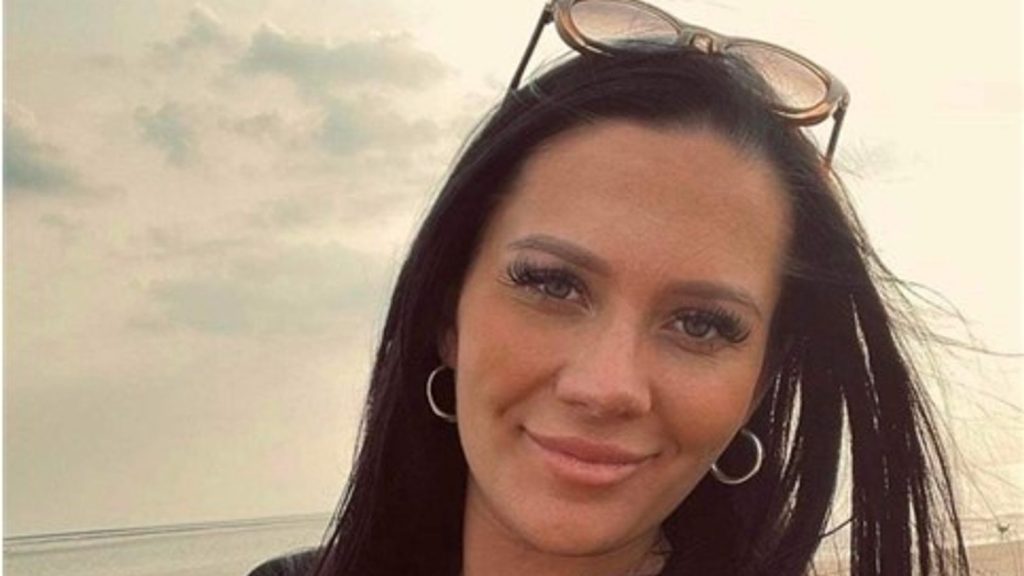The outcome of the trial of Ryan Wellings, accused of the manslaughter of his fiancée, Kiena Dawes, is nothing short of distressing. Wellings was found guilty of assault and controlling and coercive behaviour, but he was cleared of manslaughter despite overwhelming evidence of his prolonged abuse and its devastating impact on Kiena. This verdict raises critical questions about the justice system’s approach to cases where abuse culminates in a tragic loss of life.
Kiena, a 23-year-old mother, ended her life in July 2022 after enduring a harrowing pattern of physical, emotional, and psychological abuse at the hands of Wellings. In her suicide note, Kiena explicitly named Wellings as her killer, describing the torment she had endured and expressing hope that her death might lead to systemic change. Her note—a heart-wrenching plea for justice—is a stark reminder of the hidden cost of domestic abuse.
It is profoundly troubling that Wellings, who subjected Kiena to years of torment, can smile and blow kisses to his family in court after being cleared of manslaughter. This decision not only denies justice for Kiena but also diminishes the gravity of the abuse she suffered. It underscores the urgent need for a broader understanding of the connection between coercive control and the tragic outcomes that often follow.
The Hidden Toll of Domestic Abuse
Domestic abuse is not confined to physical violence; it’s a pervasive, insidious form of control that can leave survivors physically and emotionally broken. The hidden toll includes depression, anxiety, PTSD, and—all too often—suicide. Kiena’s case is tragically not unique. Every week in the UK, two women are killed by a current or former partner. And yet, many more lives are lost indirectly, as survivors succumb to the emotional scars of their abuse.
Kiena’s story highlights the inadequacy of societal and institutional responses to domestic abuse. She repeatedly sought help and even documented her abuse, yet the system failed to protect her. What will it take for the justice system to hold abusers fully accountable for the consequences of their actions?
The Need for Change
The verdict in this case should be a wake-up call. Coercive control, recognised as a criminal offence since 2015, must be understood as a life-threatening behaviour. Prosecutors, juries, and society at large need to recognise that abuse does not occur in a vacuum. It has real, measurable consequences, as evidenced by the tragic loss of Kiena and countless others.
Moreover, we must invest in education, awareness, and systemic change to address domestic abuse comprehensively. This includes funding for support services, stronger legal protections, and improved police response times. Kiena’s poignant words, “I hope my life saves another by police services acting faster,” should inspire reforms that could prevent similar tragedies.
Support for Survivors and Families
The psychological and emotional fallout of abuse extends far beyond the survivors themselves. Families and loved ones are often left grappling with grief and unanswered questions. Organisations like Advocacy After Fatal Domestic Abuse (AAFDA) provide invaluable support to families navigating these uncharted waters. Meanwhile, charities like Women’s Aid and Mind work tirelessly to support survivors, but their efforts must be matched by systemic changes that prioritise prevention and justice.
Kiena’s story is a painful reminder of the hidden cost of domestic abuse. Her courage in naming her abuser, even in her final moments, is a testament to her strength. But her death—and the failure to hold Wellings accountable for its ultimate cause—is a stark indictment of a system that continues to fall short. We must honour Kiena’s memory by demanding better: for her, for her daughter, and for all those who suffer in silence.
If you or someone you know is experiencing domestic abuse, help is available. Call the National Domestic Abuse Freephone Helpline on 0808 2000 247 or visit womensaid.co.uk. For confidential support, the Samaritans are available 24/7 at 116 123. Together, we can work towards a future where no one’s life is cut short by abuse.

